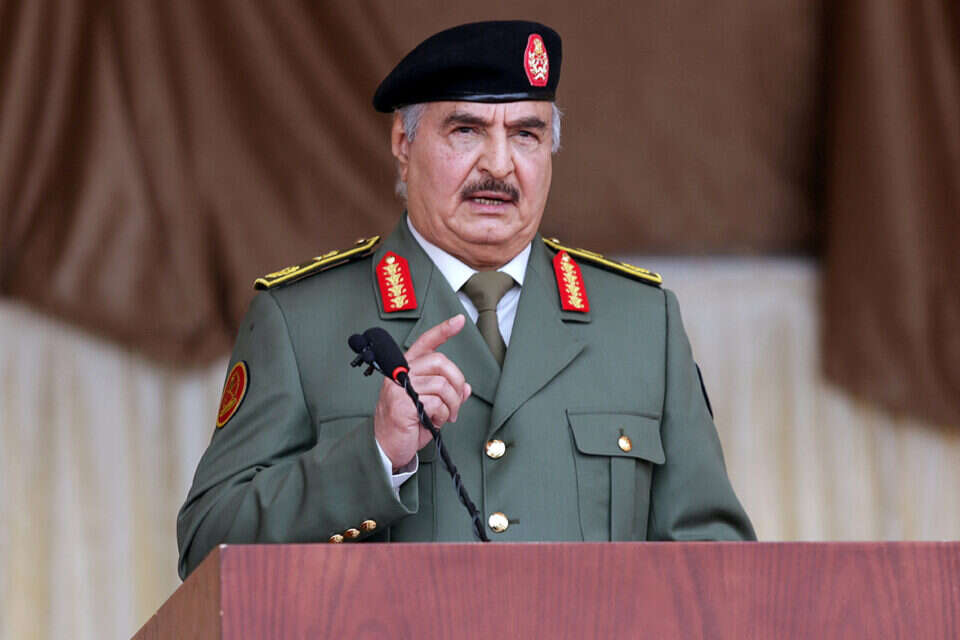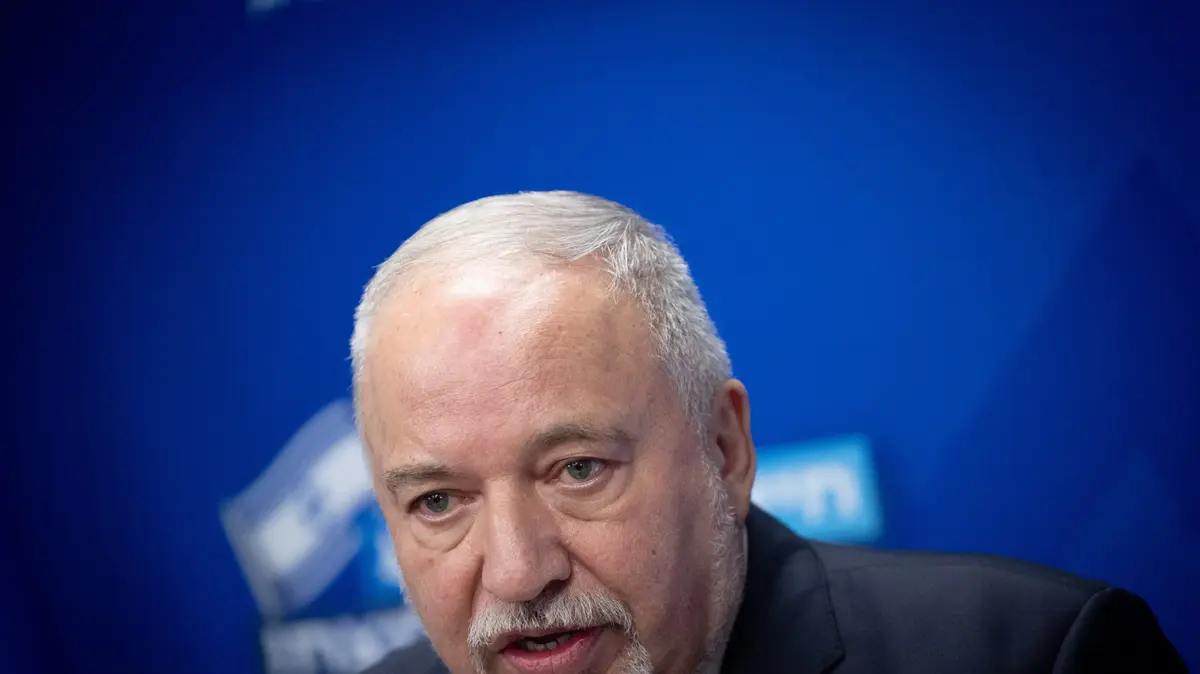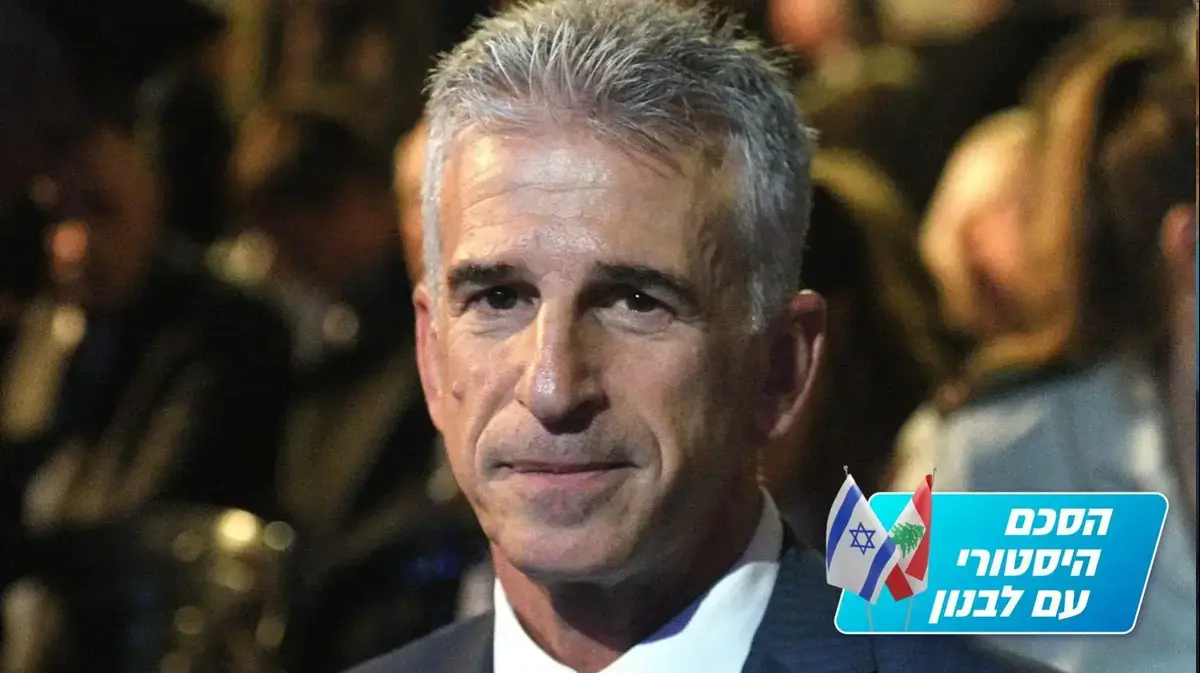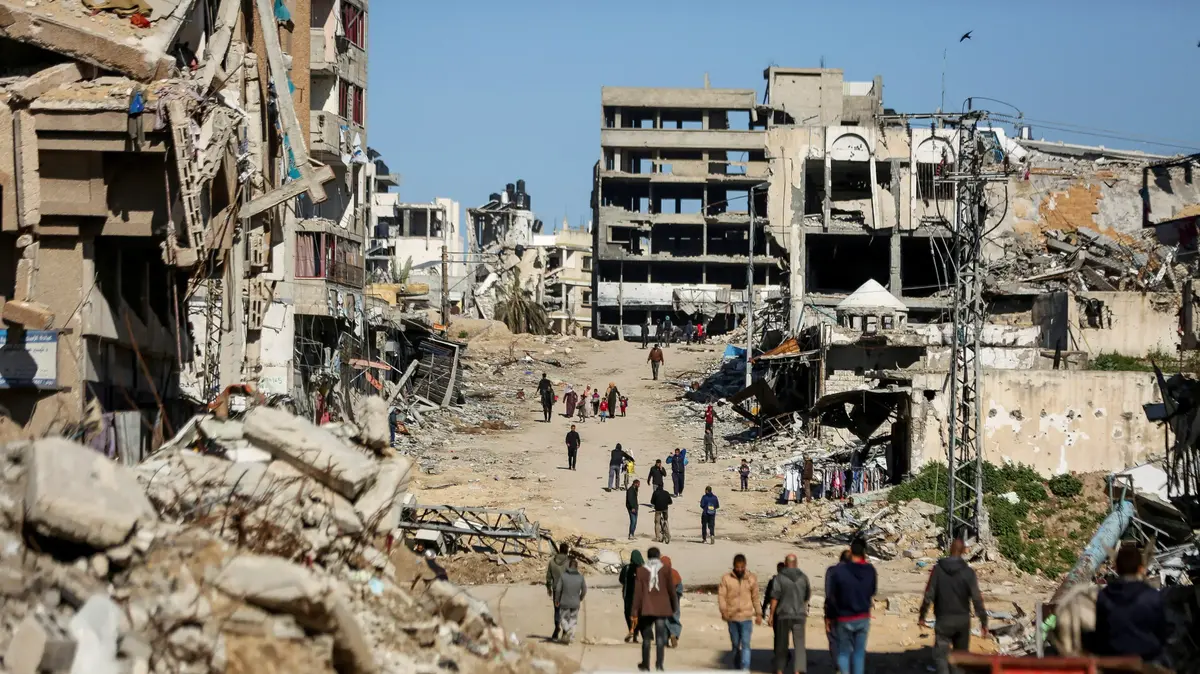A decade after the overthrow of Libyan ruler Muammar Gaddafi and his regime, following the Arab Spring protests, Libya, the fourth largest country in Africa, is at a crossroads - ahead of the presidential election in December.
Among the interesting names expected to run for the presidency of Libya are the separatist general Khalifa Hefter and his son Saddam, who after Gaddafi's ouster refused to recognize the legitimacy of the Transitional Council and the government formed.
Hefter, who has won the support of Russia, Egypt, Jordan, Saudi Arabia and the Persian Gulf states, led the militias that occupied many territories in the east of the country.
However, he failed in the campaign he waged to conquer the country and was forced to agree to a government in al-Dabaiba.
Saif al-Islam Gaddafi, the son of dictator Muammar, is expected to run against Heftar.
Saif al-Islam, who fled Libya and spent his time in the Gulf states, is facing numerous charges of corruption and crime in which he was allegedly involved in his father's regime years.
However, many Libyan citizens, who are embracing the stability of the country in Gaddafi's day, support the face of Sif al-Islam, who has declared that despite the charges against him, he intends to run in the elections.
Sif al-Gaddafi, Photo: Reuters
Despite the attempts of the international community and the strong desire to stabilize the political system in Libya, a difficult task awaits those who will be elected president of the vast country.
The issue is not only the evacuation of more than a quarter of a million mercenaries who infiltrated or sent to Libya by interest groups, but also the restoration of the party system that did not exist at all during the 42 years of Gaddafi's rule.
At the same time, the elected leadership in Libya will be required to rehabilitate the shattered economy, in a country where the unemployment rate has risen to more than 40%, and to work harder to eradicate crime from cities across Libya.
Support normalization
Also, it is impossible not to refer to the Israeli angle.
The changes taking place in the Middle East and the Abrahamic agreements signed between Israel, the United Arab Emirates, Bahrain and Sudan, as well as the renewal of relations between Israel and Morocco, did not miss Libya either.
Hefter has repeatedly stated that Libya must strive for normalization with Israel, as has Sif al-Islam Gaddafi.
It is known that the two personalities maintain contacts with Israeli officials, and even receive support for their attitude toward Israel from their allies in the moderate Arab countries.
Despite traditional opposition among the Libyan public to Israel, those elected to the Libyan presidency in December will have to take into account African state relations with Israel when recalculating the path Libya will take - digging into radical Islam, or democratic and liberal rule while reaching out to the West and Israel.









